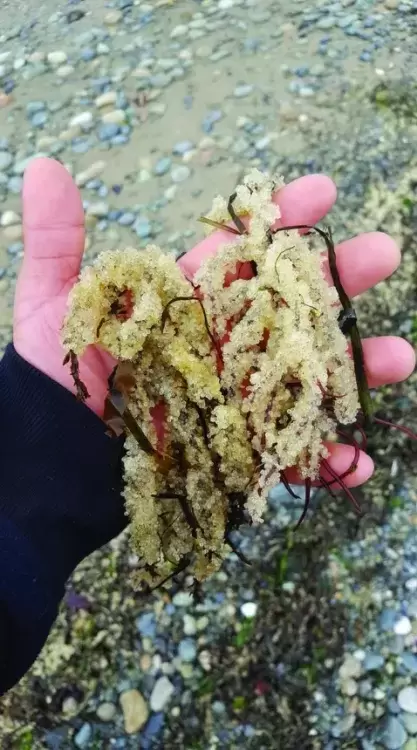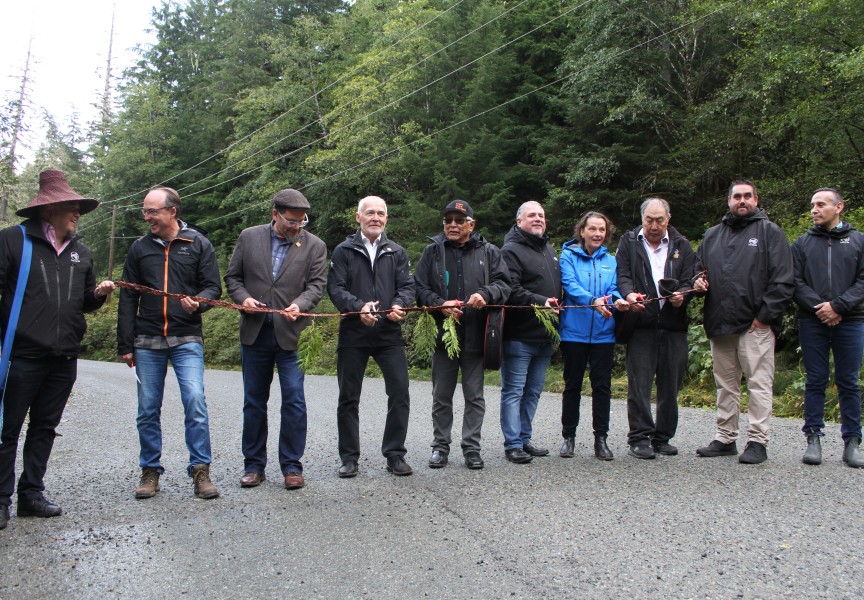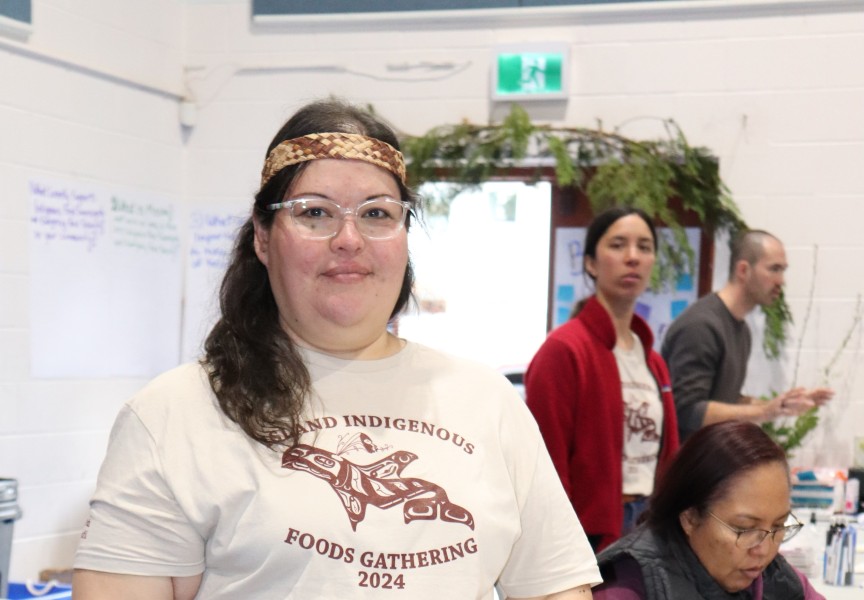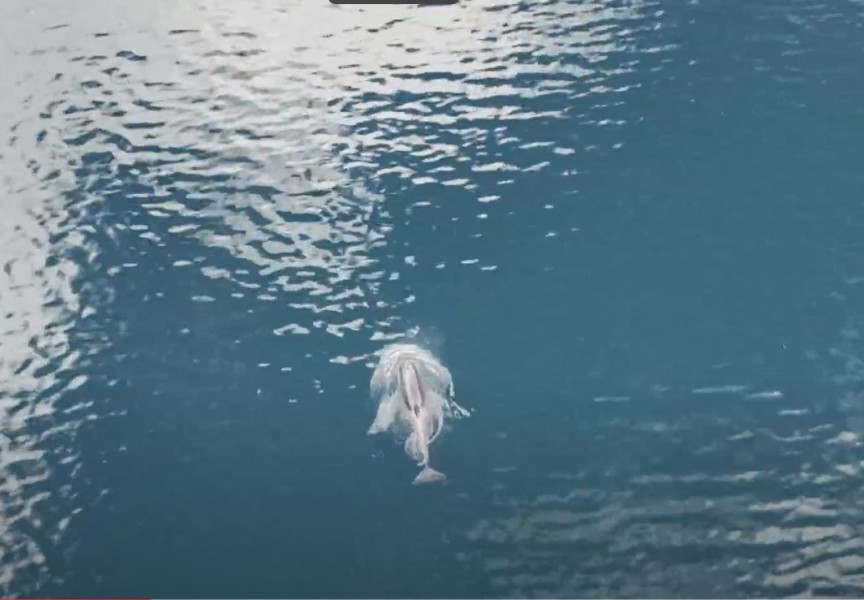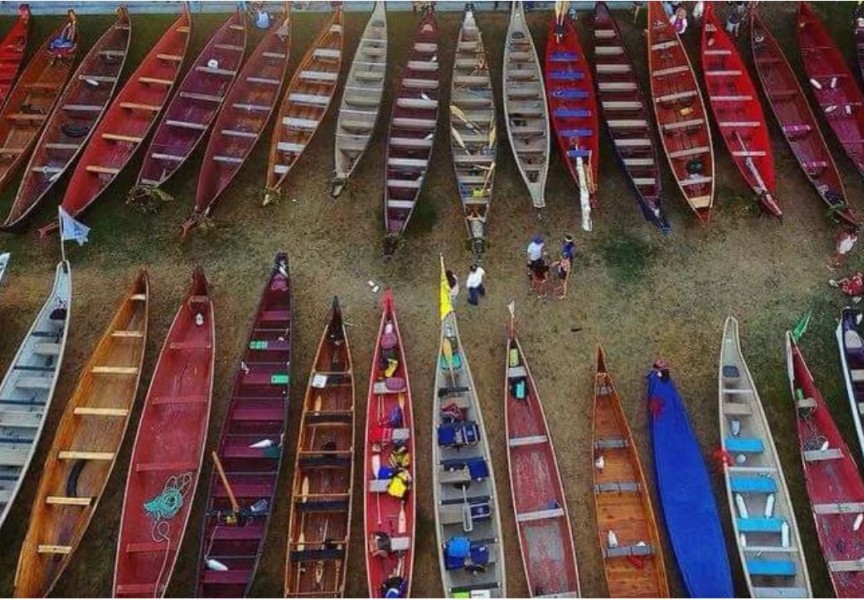The First Nations Health Authority has sent out a warning for anyone consuming herring eggs to exercise caution, after confirming several cases of cholera from contaminated roe on the east coast of Vancouver Island.
The disease can produce sudden, severe nausea, vomiting and diarrhea, which can lead to rapid, severe dehydration and in extreme cases, kidney or cardiac failure. Most who contract the disease suffer somewhat milder symptoms.
FNHA Heath Officer Karen Larson said that has been the experience thus far.
“We have three confirmed cases. And we have reports of other people who have diarrhea,” Larson told Ha-Shilth-Sa mid-day Friday.
FNHA Regional Manager for Vancouver Island Gethsemane Luttrell said the disease outbreak occurred in a very specific location.
"The only area that we have an advisory on is the Qualicum [Bay] to French Creek area. That is the only place we have any concerns or any linkages to cases,” Luttrell said.
"There are two harvests that we've had that are implicated. Both of those harvesters have called everyone on their distribution list, and they have recalled a fair bit [of eggs],” she continued. "Having said that, there is probably some that are still in individuals' homes. There has been messaging that has gone out to all those that were on the distribution list, in addition to our messaging out to communities to help support that.”
To date, the bacteria has not been detected on the west coast of Vancouver Island.
“In terms of the other areas, we have no concerns at this time, so, just follow the usual precautions with any harvesting that you are doing,” Luttrell said.
Those precautions include “ferocious” hand hygiene and disinfection of bathrooms and cooking surfaces. Once acquired, the bacteria can be spread from person to person. Anyone with symptoms is advised to avoid food preparation.
“But if anyone is ill, they need to seek medical attention,” Larson said. "It can be especially terrible for the elderly.”
The illness can cause severe dehydration, so those who have weakened immune systems are especially vulnerable, she explained. It is also important to contact your local medical health officer to report any suspected cases.
Luttrell said this is the same dreaded disease that has recurred throughout history. There are different “serotypes” that exist in different locations around the world, and can be brought in by travellers. It is possible to isolate and identify the specific strain and, possibly, to determine how it arrived.
"We have determined that it is a strain of cholera,” Luttrell said. "We are waiting for that analysis to be done at a lab that is much further away and has much better testing abilities. We expect to have the serotyping by the end of today or early next week.”
"I am told that this organism can survive for about four days in that water at that temperature,” she added. “Not too long, but long enough, in certain circumstances.”
Wherever the bacteria originated, it was carried in at least one human digestive tract and deposited in the waters between Qualicum Bay and French Creek. Luttrell said it could have been as simple as a recent (infected) traveller swamping out an outhouse or dumping an onboard "bathroom bucket" into the water.
Then, there are those stories of airliners accidentally dumping toilet tanks from high altitude. Luttrell said that scenario came up during the investigation of a norovirus outbreak last year.
"There has been a lot of work with Transport Canada and [Fisheries and Oceans Canada]," Luttrell said, adding that it is more likely that the contamination came from the bilges of a passenger ship or a freighter. That is despite regulations prohibiting sewage discharge within 200 kilometres of shore, she noted.
All bivalve shellfish harvesting has been closed in the Qualicum Bay/French Creek area. All shellfish harvesters are being reminded to check for area closures prior to harvesting.
FNHA is working in collaboration with the B.C. Centre for Disease Control and First Nations communities. This includes testing of marine water samples, leftover food samples and clinical samples, and investigating the handling and distribution of the contaminated eggs. As of Friday, no announcement had been made concerning harvesting in unaffected areas.
“Any future advice or recommendation will be made in partnership with First Nations communities,” the release concluded.

